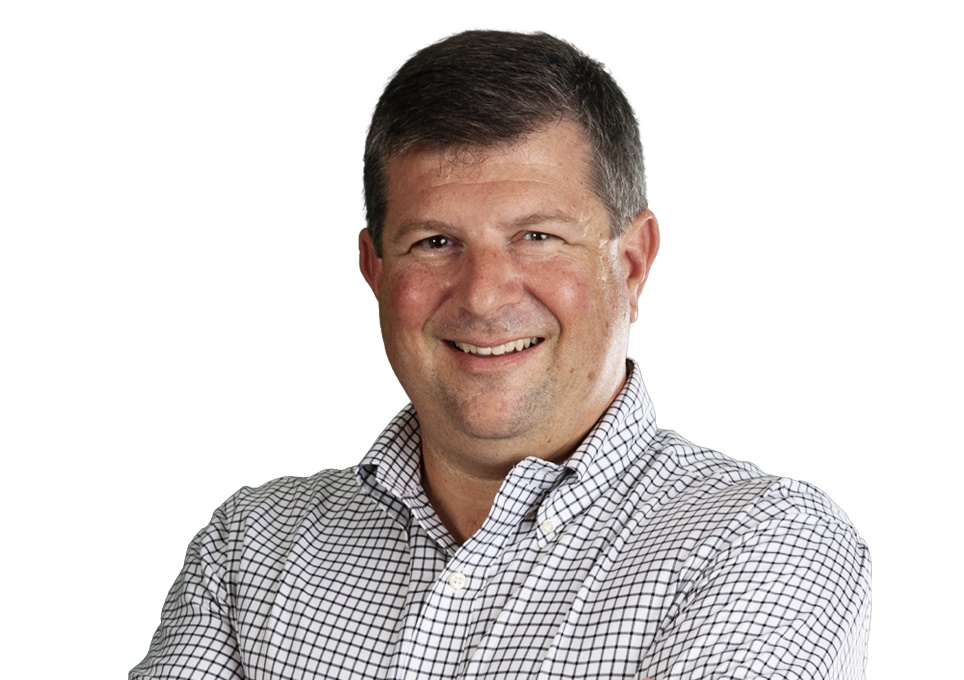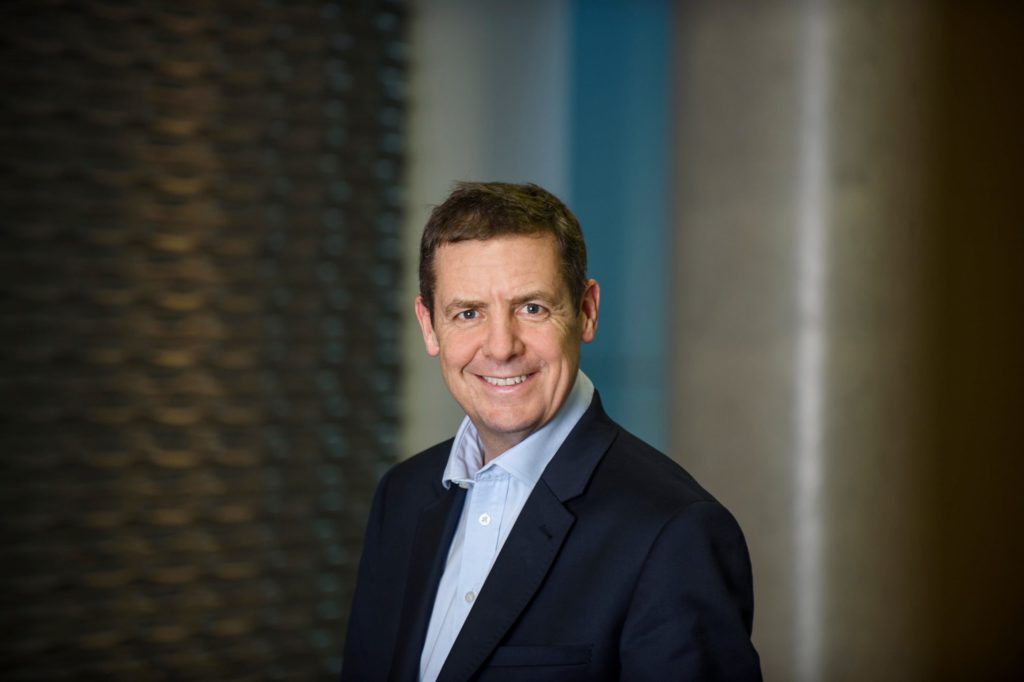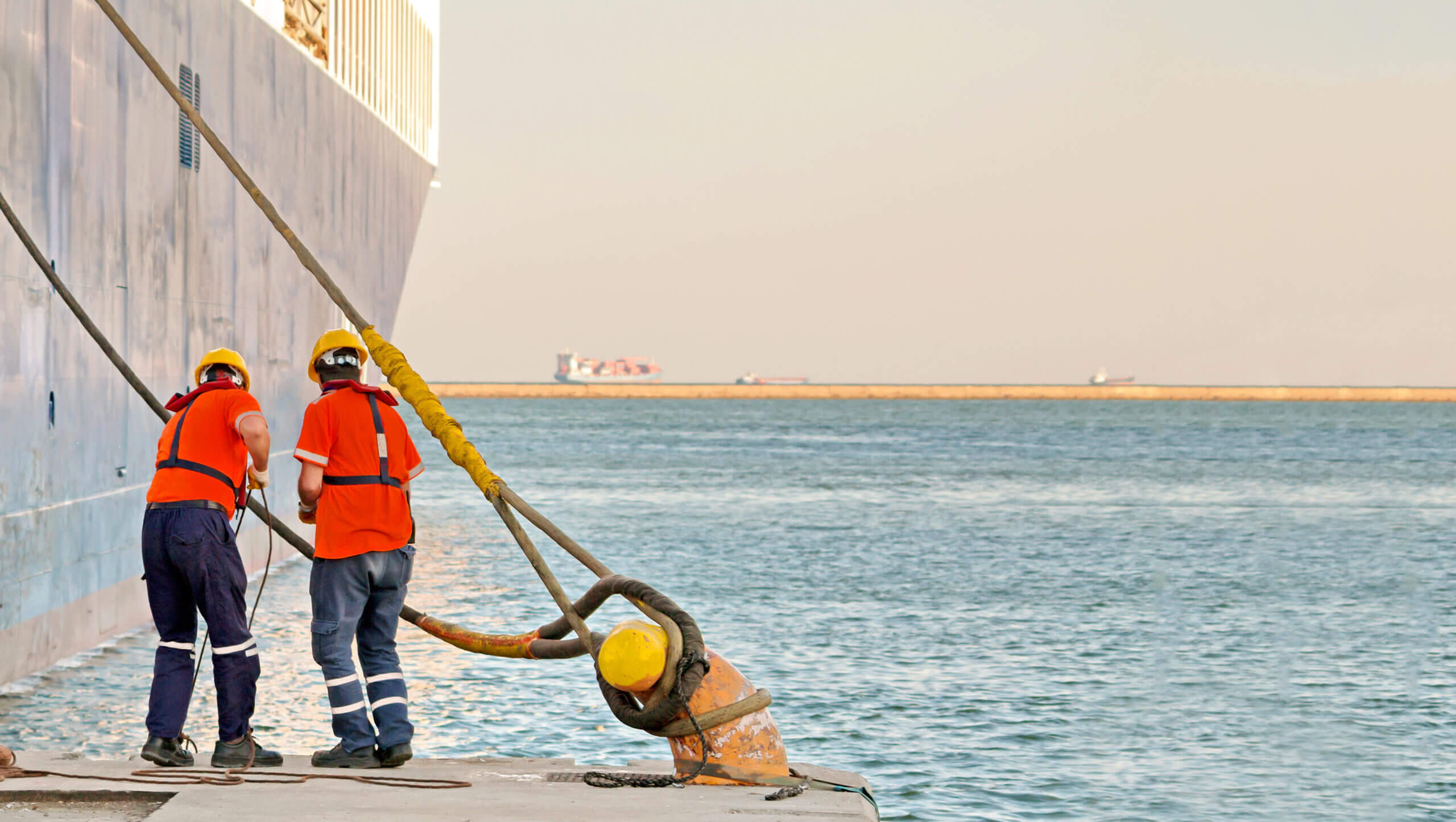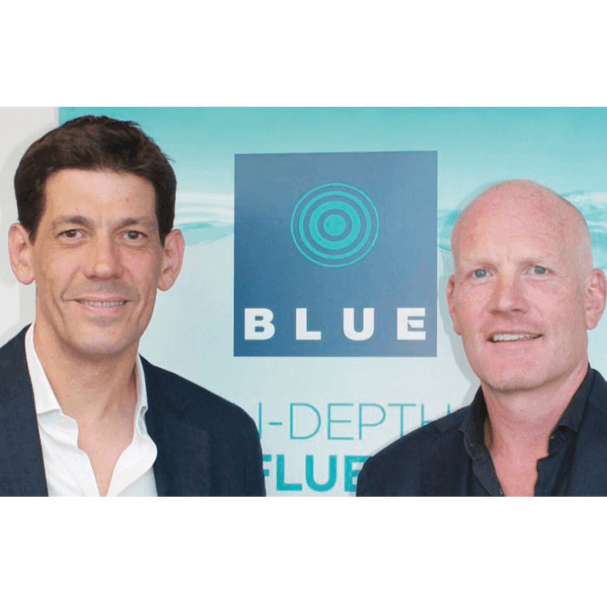Once a year, maritime HR and crewing professionals from across the world meet in London at the Spinnaker Maritime People & Culture Conference to discuss the timeliest issues for the industry.
Now in its 14th year the event welcomes over 200 delegates from 18 countries globally.
People are very much at the heart of the Conference. In previous years delegates have listened to CEO panels discuss how they manage the age gap (and subsequent ‘culture gap’) between senior staff and younger recruits, or how they are tackling what we shall politely call Maritime’s ‘diversity issue’ is refreshing, encouraging and reassuring. CEOs of shipowners, shipmanagers, P&I clubs – they’re having the same issues as everyone else, and it’s inspiring to hear how they are handling the hottest topics in the industry. It’s also heartening for them to ask ‘What are you doing about it in your companies?’ – and that’s where the Spinnaker Maritime People & Culture Conference is very much an open forum for discussion.
Every session concludes with Q&A’s so that everyone can have their say. That way, it’s not just the speakers who are discussing how they run things, but other maritime HR professionals too. It’s what makes the event different. Whether shore-based or crewing, it’s an essential platform for the ‘people people’ of maritime to have their say. And once discussions have been had, that’s how change starts. You never know just how you might get inspired.
The 2022 Spinnaker Maritime People & Culture Conference takes place in London on the 26th and 27th May.
Topics for discussion include Agile Working, Remuneration, Flexible Working, ESG, Attraction & Retention.
Members of the Maritime HR Association are eligible for a free delegate space. If you are not a member, tickets can be purchased at https://spinnakerconference.eventbrite.co.uk
If you are a supplier, please contact us for details regarding sponsorship packages.
Contact Helen McCaughran at [email protected] or call +44 (0)1702 481 643.
You can also find out more about who is speaking, sponsoring and supporting the Spinnaker Maritime People & Culture Conference by following @spinnakerglobal on Twitter.











